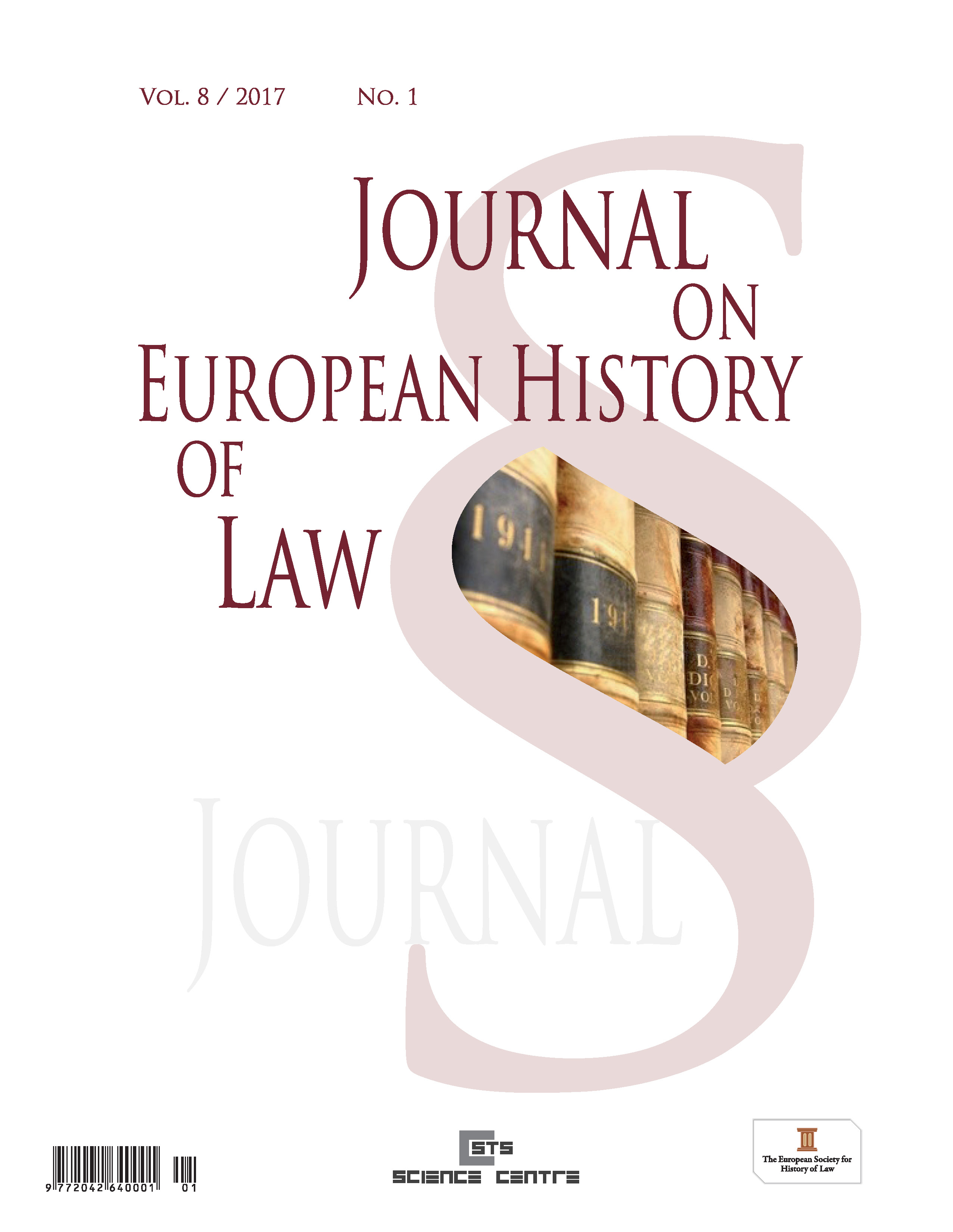What is Modern in the State of Exception?
What is Modern in the State of Exception?
Author(s): Guy LurieSubject(s): Politics / Political Sciences, History, Law, Constitution, Jurisprudence, Political Philosophy, Early Modern Philosophy
Published by: STS Science Centre Ltd
Keywords: State of Exception; Emergency Powers; Carl Schmitt; Hobbes; The Modern State;
Summary/Abstract: In this article, I explore the modernist assumption inherent in discussions of emergency powers, or, the state of exception. I dwell on some of the modern aspects of the state of exception through an overview of some examples from both pre-modern and modern political theory. More specifically, I examine the history of the political language of the state of exception. I do so in the context of three influencing and interconnected developments: the rise of the state, changes in perceptions of authority, and developments in conceptions of law. In doing so, this article contributes to the robust scholarship on emergency powers and the state of exception by combining an historical analysis of pre-modern and early modern primary sources with an institutional contextualization (the rise of the state) as well as a political theory and legal theory contextualization. In essence, for the Hobbesian modern state, the potential temporary constitutional dictatorship is part of the regular sovereign power. Within this power, I distinguish between the exception outside the law and the exception within the law, which are in a dialectical relationship. The exception outside the law, which was the state of exception on which Carl Schmitt wrote, was unimaginable prior to modern times, since it was tied to the modern positivist understanding of law.
Journal: Journal on European History of Law
- Issue Year: 8/2017
- Issue No: 1
- Page Range: 50-57
- Page Count: 8
- Language: English
- Content File-PDF

